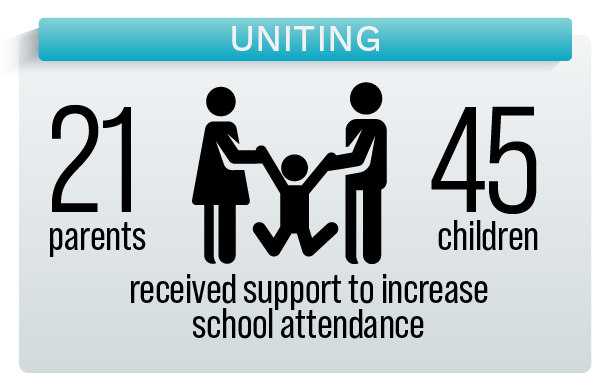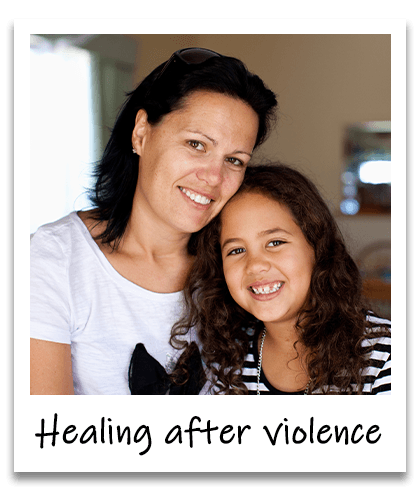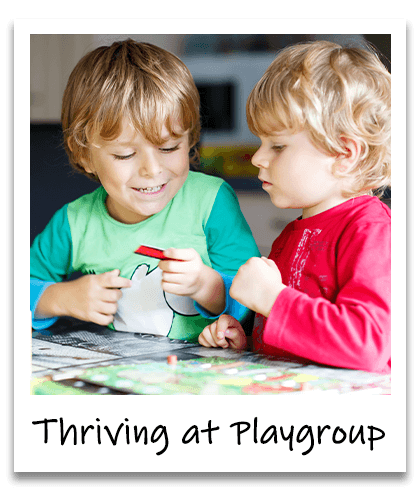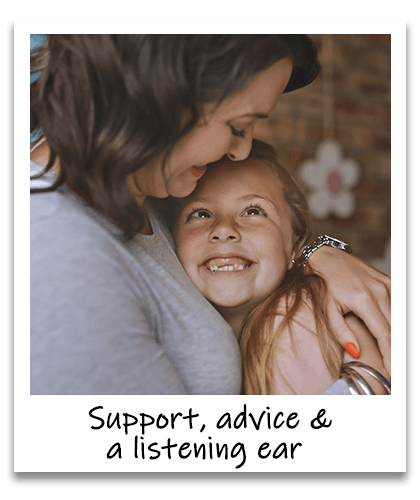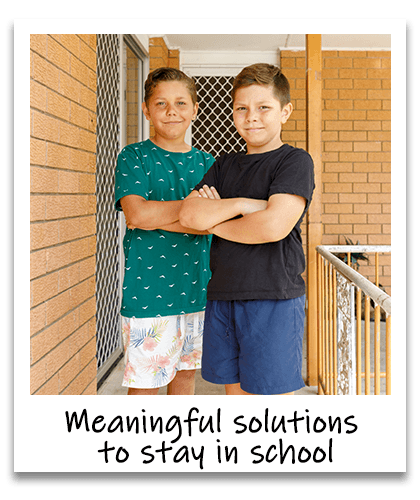Anglicare:
35 Children and parents who had experienced trauma were supported to rebuild relationships and move forward in their lives.
28 staff and volunteers were trained to support Cranbourne families on their recovery journey.
28 parents were supported in becoming new parents.
Community Information & Support Cranbourne:
6 Parents/carers attended the facilitated ADHD support group.
212 people received outreach information Another 157 received information and advice over the phone.
Casey Cardinia Libraries:
120 people, including educators, service organisations, Casey Cardinia Library staff and Elders, were supported to increase their skills and knowledge about early literacy.
94 families, including children, were provided with essential early literacy support.
14 ATSI and 90 CALD families were supported in building cultural awareness and early literacy, often in their preferred language, through playgroups and storytimes.
Dandenong and District Aborigines Co-Operative Limited:
8 girls and 5 boys became more engaged with school and connected to their community.
10 parents received advocacy and support.
Uniting:
21 parents and 45 children received support to increase school attendance.
Relationships Australia Victoria:
74 parents were supported to build more positive relationships with their children.
55 fathers were supported to reconnect and build healthier relationships with their children.


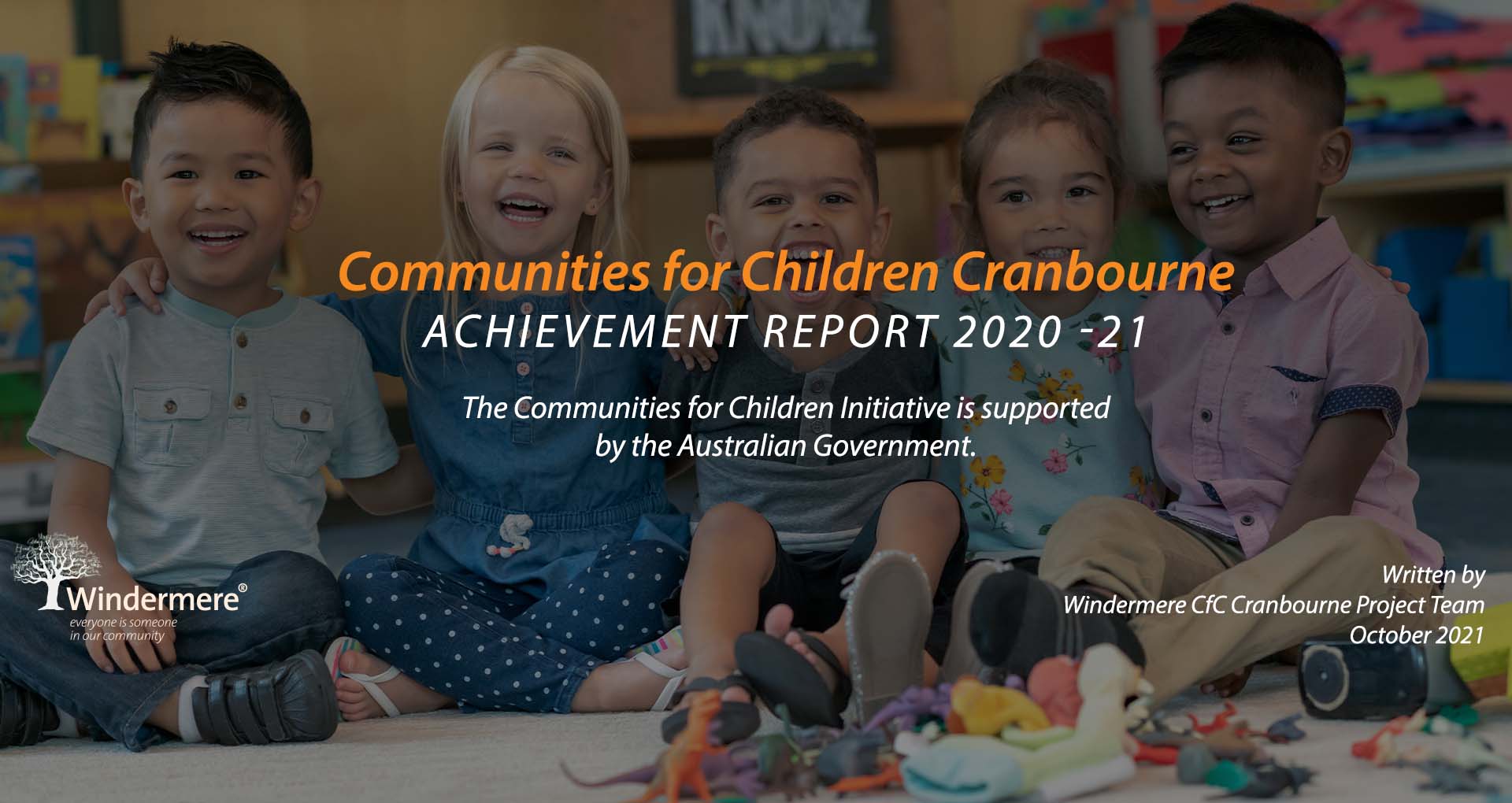
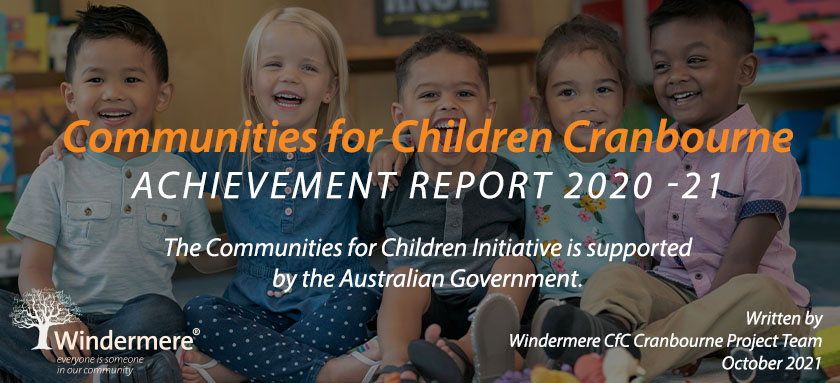

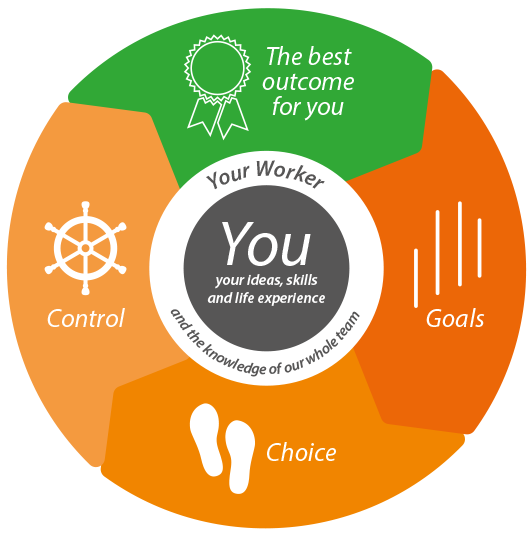
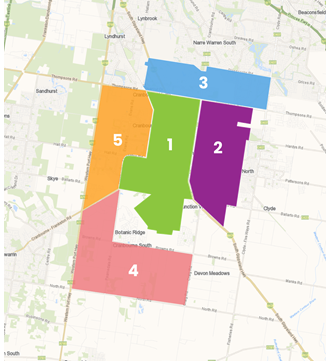 The CfC site consists of five local communities in the postcode of 3977, being:
The CfC site consists of five local communities in the postcode of 3977, being:



